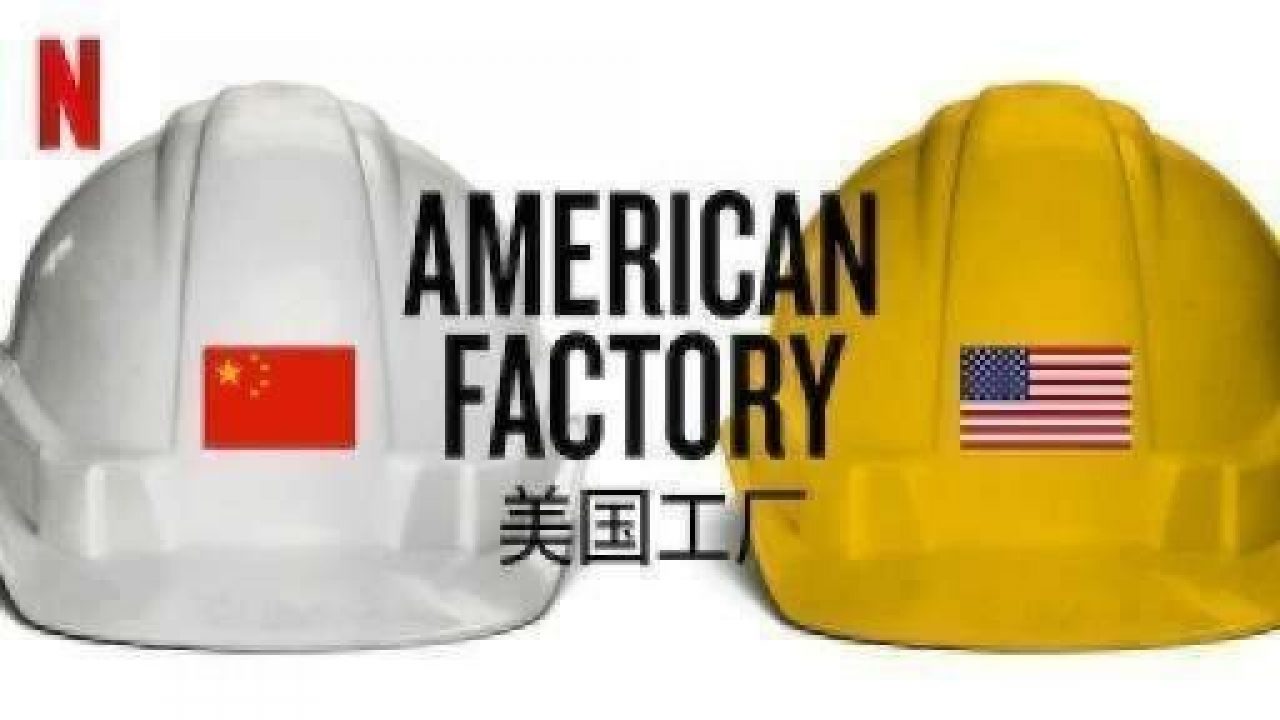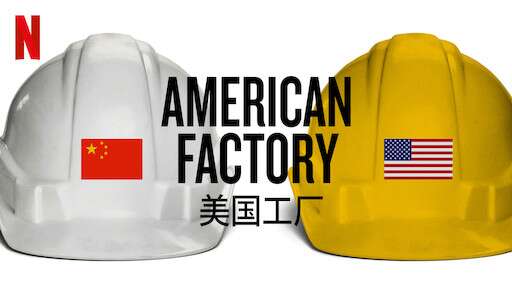Blog: It’s the Current, Not Culture
Article By : Sunny Wang

One theme of the documentary "American Factory" is the miscommunication between Chinese and Americans. This review of the film from the Chinese perspective complements our earlier review from the U.S. perspective.
Telling the story of a factory in Dayton, Ohio, that a Chinese manufacturer has invested in, the documentary “American Factory” has been gaining tons of attention in China. It’s currently #3 on the trending chart of documentaries on Tencent Video — a Chinese video streaming website with over 900 million monthly active users — as the only foreign documentary in top 10 of the chart. With an average rating of 8.4 on Douban, a Chinese social networking services website, the film has received wide acclaim among the Chinese audience.
Recommended
Succeeding at this “will change Americans’ views of the Chinese” — A review of “American Factory” by George Leopold.
The film offers clear views from both the Chinese and the Americans in the story, bringing out the unsettling conflict to the viewers – it’s not just about the differences between two cultures; it’s more about the conflict that comes with primitive accumulation of capital, the one that comes along with the changes taking place in the manufacturing industry.
One detail stood out to me in the film. When the Fuyao Glass America (FGA) representatives visited Fuyao’s China plant, they saw a team named “Improvement” in Fuyao’s China factory shouting their team slogan in the daily training routine: “To stand still is to move back!" (subtitle provided by Netflix). A more literal translation is: “As sailing against a (river) current: you can keep forging ahead, or you can choose to sit still and fall behind.”
I think this is a great metaphor describing how the Chinese workers are positioning themselves. The society is always moving forward; anyone standing still — not improving or educating themselves, or working extra hard constantly — can easily be left behind. Our current situation is even crueler than before, because we’re in the age of A.I. and automation, which would only accelerate the changes, or the “current” in this metaphor. The Chinese factory workers found their place in this “current” by being cost-efficient laborers in the manufacturing process — they chose to work harder to ensure high efficiency. But the conflict sets in on the other side of the ocean where automation outperforms labor at a lower cost.
As seen in the film, the working environment was dangerous, pay was low, and working shifts were long at FGA, yet the workers in the Dayton plant chose to stay and complain instead of leaving for better jobs that are safe, easy, and with better pay. Could it be because they didn’t have a choice?
If that’s the case, it proves that the conflict is not just about Fuyao or the culture difference; it is the current, especially in a country with world-leading technology capabilities like U.S. It is just how the situation is now. The workers kept comparing FGA’s offerings with GM’s in the past; but there was a reason why the GM plant in Dayton closed down and why there wasn’t any other U.S. manufacturing plant coming in — things are just not how they used to be anymore. If there wasn't any other company in Dayton that could offer what FGA is offering now (some workers mentioned they lost their home, or had been unemployed for 18 months after the GM plant closed down, until FGA reopened the plant), why would the workers expect FGA to offer even more than that?

“American Factory” can be viewed on Netflix.
According to FORTUNE, A.I. and automation could replace 40% of jobs in 15 years. The faster the changes like automation implementation take place, the bigger the fault there’d be as it takes time for general education to catch up.
There’s no doubt that all standardized and repetitive labor will eventually be replaced by automation, and that the Chinese factory workers’ positions are also temporary. Conflicts are inevitable along with the changes, but at the end of the day, it’s up to us to decide what we can do to add value, forging ahead while sailing against the current.
“American Factory” is a great film in my opinion — it tells a story in a most unbiased way possible, and left a window for us to think about our situation, about what we can do to “sail against the current.”
– Sunny Wang is a global branding professional, working in the technology industry. She is based in Shenzhen.
Subscribe to Newsletter
Test Qr code text s ss


